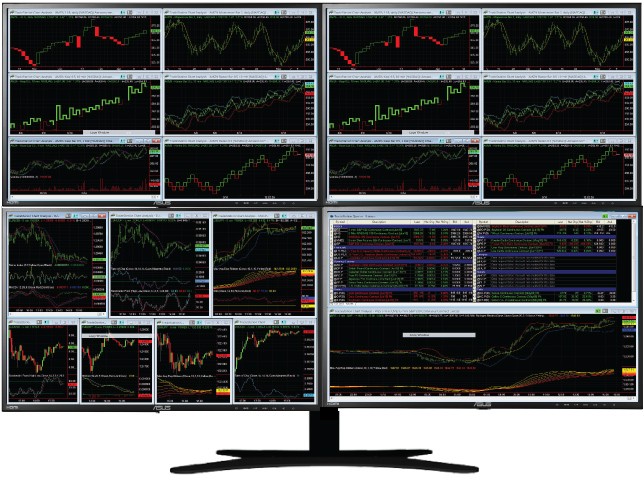Active v investing Individual Investing Education
Post on: 8 Апрель, 2015 No Comment

Active vs. passive investing
Understanding the differences
It’s easy to get caught up in the Wall Street hype about which investment approach is better.
Active vs. passive: The basics
Active management is simply an attempt to beat the market as measured by a particular benchmark or index. For example, an investor might buy or sell certain stocks to try to get better returns than one of the stock market indexes such as the S&P 500 Index or the Russell 1000 Index.
The aim of active fund management — after fees are paid — is to outperform the index for a particular fund (not to mention other fund managers they may be competing against). Prevailing market trends, the economy, political and other current events, and company-specific factors (such as earnings growth) all affect an active manager’s decisions.
Passive management is more commonly called indexing. Indexing is an investment management approach based on purchasing exactly the same stocks and bonds, in the same proportions, as an index. This management style is considered passive because portfolio managers don’t make decisions about which components to buy and sell; they simply copy the index
Which approach works best?
Proponents of each believe their approach is the right one, the one that has the potential to generate the greatest amount of return over the long term. Hard facts aside, active and passive management are in many ways similar to political parties. The two camps see the investment world in very different ways, both making logical and passionate arguments for their viewpoint.
Passive managers generally believe that it is difficult to beat the market. Therefore, they essentially offer performance that closely matches an index for those investors who are unwilling to assume the risks of active management.
Active managers believe the market can be beaten. While they can’t beat it all the time, many active managers do believe there are certain irregularities in the market that can be taken into consideration to achieve potentially higher returns.
Active management advantages
- Expert analysis — Seasoned money managers make informed decisions based on experience, judgment, and prevailing market trends.
- Possibility of higher-than-index returns — Managers aim to beat the performance of the index.
- Defensive measures — Managers can make changes if they believe the market may take a downturn.














